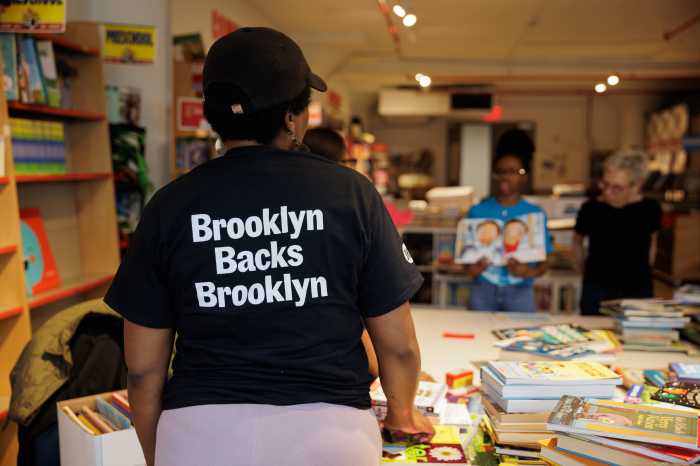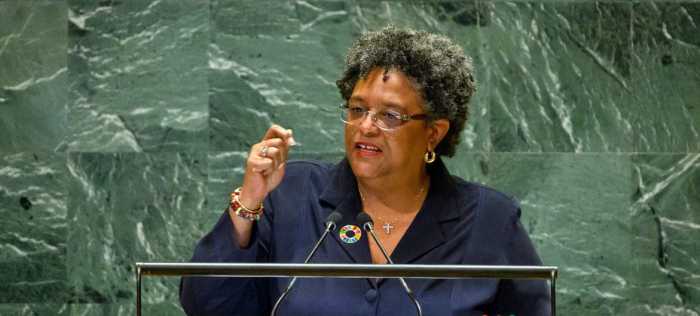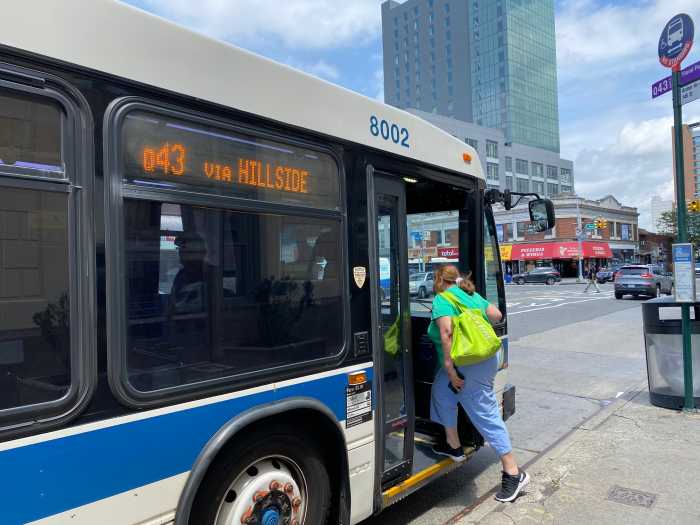Probably no newspaper in the nation has done more reporting on the insidious foothold that crystal meth has gained in the gay male community than Gay City News, thanks in large measure to the dogged work of Duncan Osborne, who recently published a critically acclaimed book on the topic, “Suicide Tuesday: Gay Men and the Crystal Meth Scare.”
Meth abuse and addiction must be addressed and battled in our community, and those who profit from its sale—whether drug dealers or club owners who either turn a blind eye toward its distribution or actually share in its profits—must be called to account for their crimes.
That said—and we have done so on repeated occasions—the recent actions by the New York City Police Department in raiding six nightclubs and one gym, attempting to shutter permanently five of the seven establishments, raise significant concerns that must be also be addressed—by the NYPD itself, through its conduct going forward, and if adequate answers and appropriate future conduct are not forthcoming perhaps through City Council oversight.
Osborne in this issue writes the third story in as many weeks about the fallout from the club busts on March 31, which coincided with federal law enforcement action against a number of alleged drug dealers trafficking in significant quantities, some of them armed with weapons at the time of their arrests. NYPD and federal officials seem to be telling a somewhat different story about the nexus between the club closings and the alleged dealer busts, but the concern in this column relates to Osborne’s story last week about the city’s actions against the Chelsea businesses that were targeted.
According to David Boyer, a co-owner of the Steel Gym, a West 23rd Street establishment that was among those raided on the last day of March, his business has borne $3,500 in attorney’s fees, faces a $1,000 fine, has lost some members, and suffered an inestimable loss of reputation over allegations that it allowed one of the alleged major dealers identified by the NYPD to sell more than 250 bags of meth for nearly $10,000 to an undercover cop on three occasions late last year.
The problem with the charges, from the gym’s perspective, is that the alleged dealer in question is the very same person that Boyer physically restrained also late last year when he heard an account of drug sales underway in the locker room, unsuccessfully trying to hold the suspect until police arrived. Having failed in his effort to keep the suspect subdued on the premises, Boyer says, he tried to file a complaint when cops arrived, but they refused to make an arrest, telling him that “without any evidence it was just an allegation.”
If Boyer’s version of the facts is true and complete, the NYPD would seem wholly unjustified four months later in charging the gym with violations under the city nuisance laws. Paul J. Browne, the chief police spokesman who one week earlier had sent Osborne a detailed e-mail about the March 31 raids, did not respond to his request for comment on Boyer’s allegations.
Clearly, an explanation is owed both Steel Gym and the public.
John Blair, who owns XL on West 16th Street, but manages Spirit, one of the targeted clubs, on West 27th Street, offers another perspective that raises different questions about the justice in the police actions. Spirit was fined $10,000 and ordered to file a monthly report with the city for what Blair claimed was the club’s inability to control drug trafficking done in secret without management’s knowledge. The question of a nightclub’s culpability for illegal behavior undertaken on its premises is a very subtle one—and it demands extremely close scrutiny from the courts.
But Blair has made an even more fundamental—and clear-cut—point about the police raids. During the March 31 actions, nightclubs were closed presumptively, pending court hearings. During the time Spirit was closed, Blair says, it lost $200,000. Such a revenue loss clearly dwarfs the financial penalties allowed under the law, and raises a serious issue of whether presumptive closings are fair. That may be a constitutional question, but it is also clearly a question of statute. It may be time for the City Council or the state Legislature to look into whether this approach to law enforcement properly balances the need for public order with the rights of businesses trying to survive in a very competitive industry.
It is certainly time for courts in this city to subject the police to a very skeptical review of their actions in wielding such broad powers.
And if the police cannot convincingly justify their actions and the courts will not uniformly apply justice in their oversight, then the City Council, in addition to weighing the potential for statutory reform, may also need to step in and exercise its powers of investigation in looking into raids of this type carried out by the police department.
gaycitynews.com



































